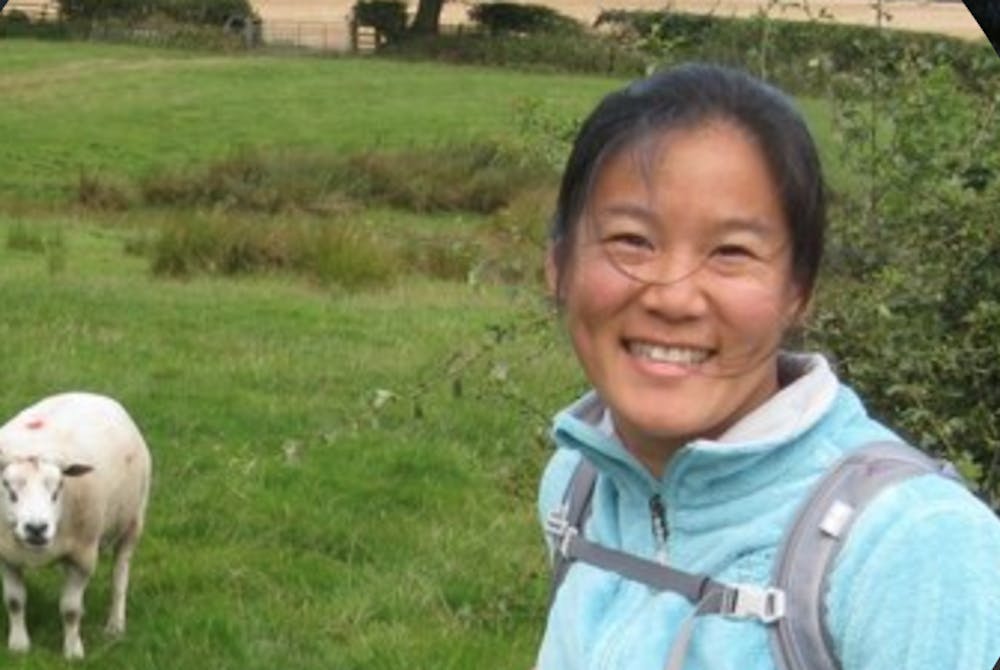For Jenny Tung, Trinity '03 and Graduate School ‘10, her research is no monkey business.
Tung, associate professor of biology, studies monkeys and baboons to see how social status affects immune system health. She was recently named as one of Science News 2018 SN 10.
The science magazine has profiled 10 young scientists for the past four years who are doing groundbreaking research in their fields. This year, all of researchers are in their thirties.
“We enjoy doing research that touches a range of different fields and communities, and being recognized by Science News feels like an acknowledgment that we’re achieving success in that regard,” Tung wrote in an email to The Chronicle. “I also feel like it’s a testament to the strong mentorship and the great collaborators I’ve had, whose DNA is all over the work we’re doing now.”
At Duke, she studies why people of lower social status tend to have weaker immune systems and poorer health. Tung investigates whether social status directly impacts how strong one’s immune system is, or if healthier people tend to succeed more often.
In one study, Tung is looking at how adjusting the social rank of female rhesus macaques impacts chronic inflammation from the immune system. She and her team are also monitoring how gene regulation is affected when a monkey experiences a change in fortunes.
Macaques in captivity aren’t the only species Tung has been studying: she is researching baboons from Amboseli National Park in Kenya as well. The big question with the baboons is whether adversity early in life predicts their eventual health outcomes and life expectancy.
However, the scope of her work has not stopped expanding.
“We’re also excited to be working on some new species—meerkats and mole rats—which will allow us to investigate how different social roles affect how the genome functions,” she wrote.
Get The Chronicle straight to your inbox
Sign up for our weekly newsletter. Cancel at any time.

Jake Satisky was the Editor-in-Chief for Volume 115 of The Chronicle.

